Syria, a nation long plagued by conflict and division, has entered a critical transitional period with the appointment of Mohammad al-Bashir as its caretaker Prime Minister. The decision comes in the wake of seismic political shifts in the country, including the ousting of President Bashar al-Assad after years of civil war. Al-Bashir, a prominent figure in Syria’s tumultuous political landscape, now faces the herculean task of guiding the nation toward stability, reconciliation, and reconstruction.
Who is Mohammad al-Bashir?
Mohammad al-Bashir, originally from Idlib, emerged as a key figure within the ranks of the Syrian opposition. A former engineer by profession, he transitioned into politics during the height of the Syrian civil war, gaining prominence as a leader within the rebel group Hayat Tahrir al-Sham (HTS). Al-Bashir was instrumental in the rebel forces’ decisive offensive against Assad’s regime, which ultimately led to the regime’s collapse.
Despite his ties to HTS, a group with controversial associations, al-Bashir has sought to present himself as a unifying figure in Syria’s fractured political arena. His leadership style, characterized by pragmatism and a focus on national unity, has garnered cautious optimism both domestically and internationally. As caretaker Prime Minister, he has pledged to steer the country through its transitional period, which is set to culminate on March 1, 2025, with the establishment of a permanent government.
Al-Bashir’s Priorities for Syria’s Future
In his inaugural address, al-Bashir emphasized the importance of national reconciliation and rebuilding trust among Syria’s diverse population. He outlined a vision for a unified Syria, promising that the liberation of the country would equate to freedom and dignity for all its citizens, irrespective of ethnic, religious, or political affiliations.
“I stand here today not as a representative of one group, but as a servant of all Syrians,” al-Bashir declared. “Our country has suffered enough. It is time to heal, rebuild, and move forward together.”
Among his immediate priorities are:
- Restoration of Basic Services
Years of war have devastated Syria’s infrastructure, leaving millions without access to clean water, electricity, and healthcare. Al-Bashir’s government has pledged to focus on restoring these essential services, which are critical for the nation’s recovery. - Economic Reconstruction
Syria’s economy has been crippled by years of conflict, sanctions, and mismanagement. Al-Bashir aims to attract international aid and investment to revitalize the economy, create jobs, and address widespread poverty. - Ensuring Security and Stability
Al-Bashir has promised to establish security across the country, particularly in areas that were previously under the control of extremist groups. This includes demobilizing militias, integrating them into national institutions, and ensuring the safety of minority groups, including Alawites and Christians. - Preparing for Democratic Governance
The transitional government is tasked with creating the framework for a permanent, inclusive, and democratic government. This includes drafting a new constitution and holding free and fair elections.
Challenges Ahead
While al-Bashir’s appointment has been met with cautious optimism, significant challenges remain. Syria’s political landscape is deeply fragmented, with various factions vying for influence. Rebuilding trust among these groups will be a formidable task, as will addressing the grievances of minority communities who fear marginalization in the new political order.
Moreover, al-Bashir’s association with HTS has raised concerns both domestically and internationally. Although he has sought to distance himself from the group’s more controversial elements, skepticism persists about his ability to lead a genuinely inclusive government. The international community, while expressing cautious support for his leadership, has emphasized the need for transparency, accountability, and respect for human rights during the transitional period.
International Reactions
The appointment of al-Bashir has elicited mixed reactions on the global stage. The United Nations and several Western nations have welcomed the move as a step toward resolving Syria’s long-standing conflict. However, they have also stressed the importance of ensuring that the transitional government is representative and that it adheres to international norms.
Russia and Iran, key allies of the Assad regime, have been notably critical of al-Bashir’s rise to power. Both countries have expressed concerns about the influence of rebel factions in the transitional government and have called for greater involvement in shaping Syria’s future.
China, on the other hand, has adopted a more pragmatic stance, signaling its willingness to work with the transitional government to support Syria’s reconstruction efforts.
Hope for a New Beginning
For many Syrians, al-Bashir’s appointment represents a glimmer of hope after years of despair. While the road ahead is fraught with challenges, his leadership offers a chance to chart a new course for the nation—one that prioritizes unity, recovery, and justice.
As the world watches, Syria’s caretaker Prime Minister must navigate the delicate balance between addressing the scars of the past and building a foundation for the future. The coming months will be crucial in determining whether al-Bashir can fulfill his promise of leading Syria toward a brighter, more inclusive era.
Also Read- 1. US Imposes Sanctions on 4 Pakistani Entities for Role in Ballistic Missile Programme, Pakistan Slams the Move
2. “Jaipur Tragedy: 5 Dead in Massive Fire After Chemical Truck Crash Near Petrol Pump”
Reference- To Know more Click Here




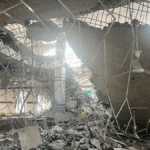






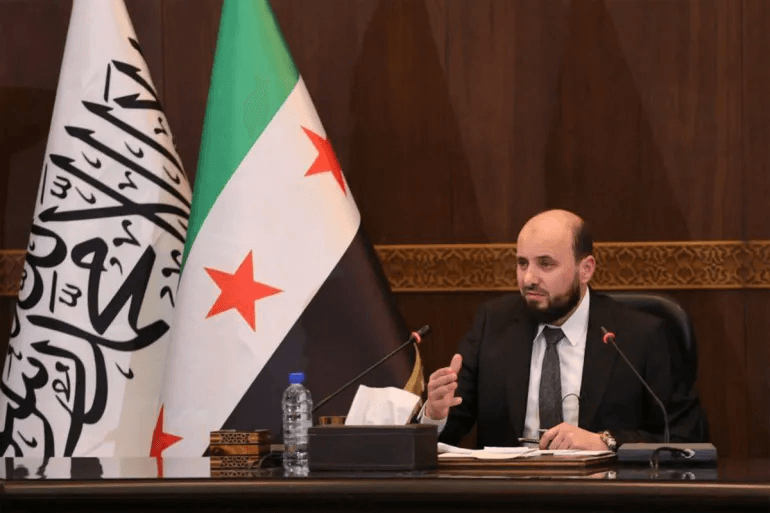




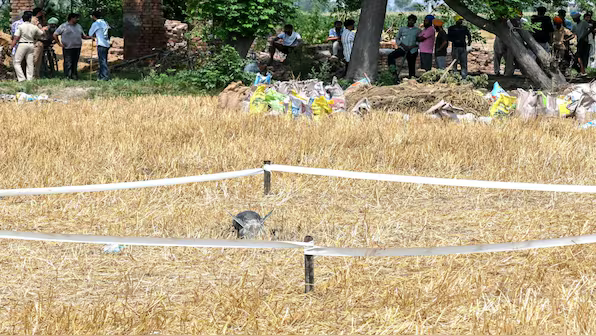
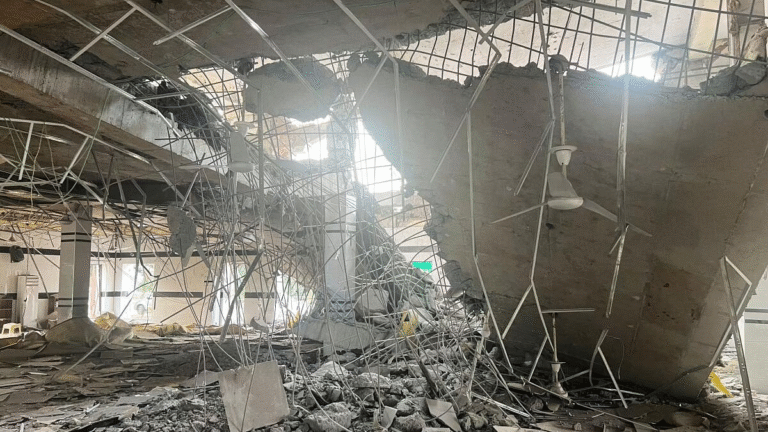
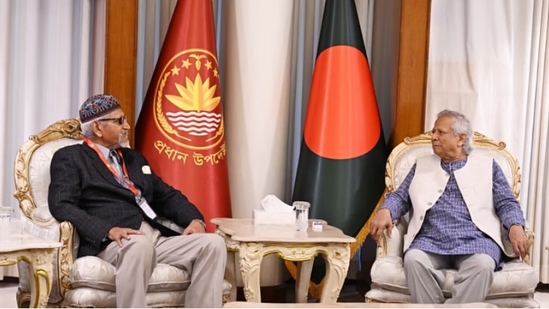

One thought on “Mohammad al-Bashir: Syria’s Caretaker Prime Minister Amid a Nation’s Crossroads”